Dr. Na Zhai Clinic Acupuncture & Chinese Medicine
Does Acupuncture really works?
In 1989, I completed my bachelor's and master's degrees in two Western medical schools. At that time, I didn't believe in acupuncture at all. One day, I saw an article on the first page of an authoritative national newspaper about the clinical effects of acupuncture on acute stroke. It claimed that a unique acupuncture technique enabled 66% of 5168 acute stroke patients to return to daily life; some even returned to their jobs. I thought it was impossible.
The report came from Tianjin University of Traditional Chinese Medicine, China's most extensive stroke facility and scientific research hospital. Out of curiosity, I applied for their Ph.D. position. I wanted to see what happened in the brain after acupuncture or whether it was a psychological effect.
We successfully displayed the rat's brain circulation by injecting a specific red dye at the heart's left ventricle while still jumping — the natural force pushed the pigment up to the brain. In this way, we can avoid man-made errors during brain perfusion.
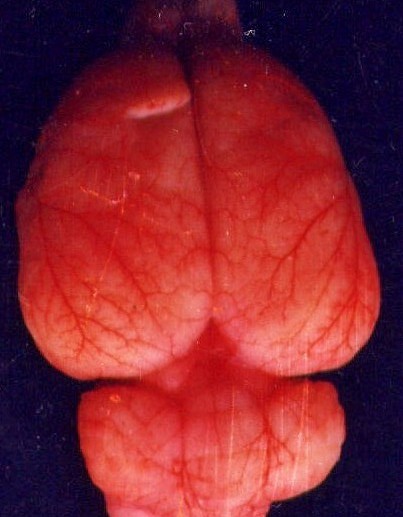
The rat's normal brain circulation
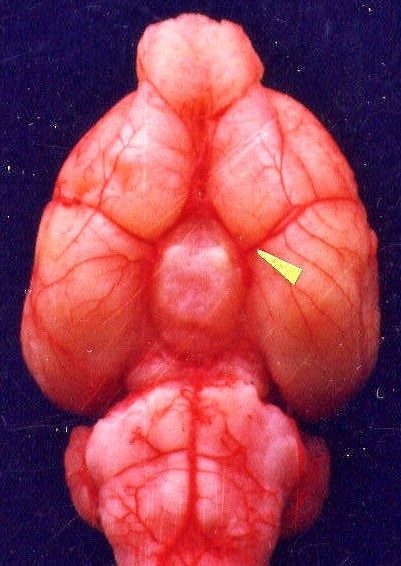
The bottom brain circulation
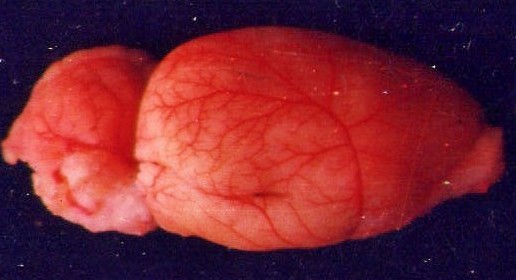
The side brain circulation
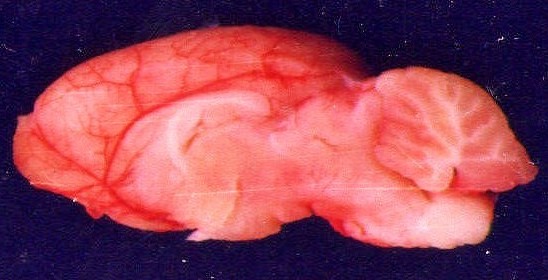
The inside brain circulation
Three hundred sixty-seven rats' middle cerebral artery MCA had been surgically wholly severed (MCAo), which created a clear-cut ischemic area as a window to monitor if any rescue blood came into play. After all, without blood, without life.

The yellow arrow indicates the sever site of middle cerebral artery
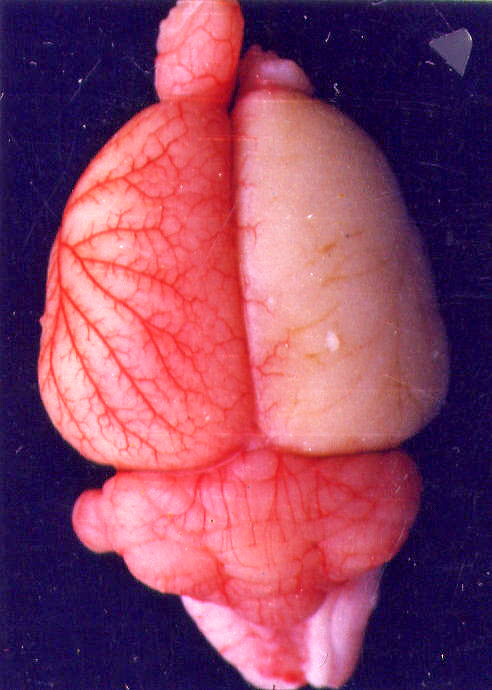
The result after Severing the artery. If the acupuncture method is effective we must see blood in the white area.
Here we go,
The result in the acupuncture group shucked me. Take a look at acupuncture effects at 3, 6, 24, and 48 hours after MCAo compared to the non-acupuncture group.
3 hours after MCAo Non-acupuncture group on the left. Acupuncture group on the right.
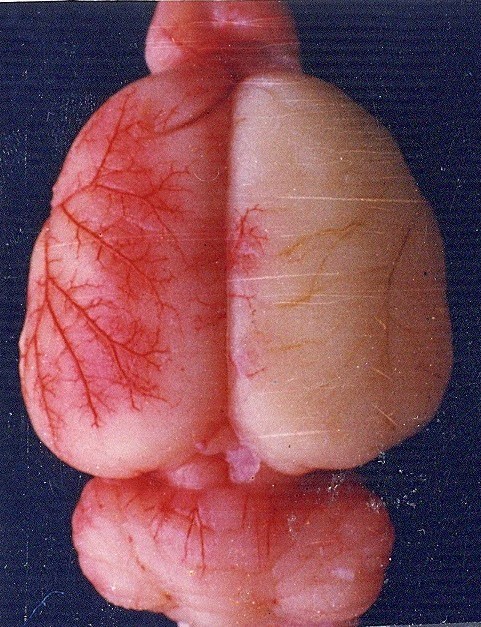
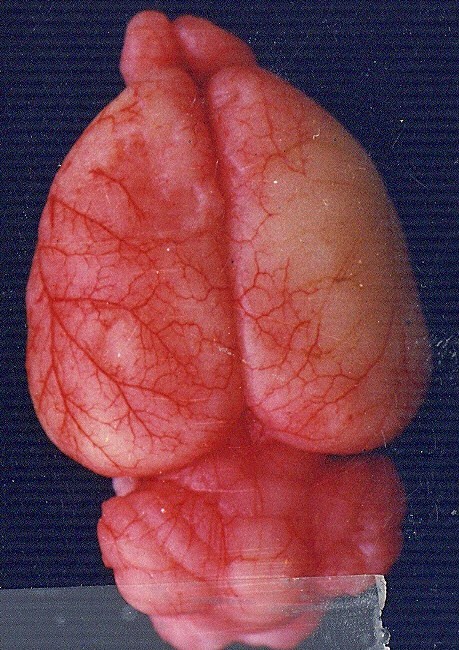
6 hours after MCAo
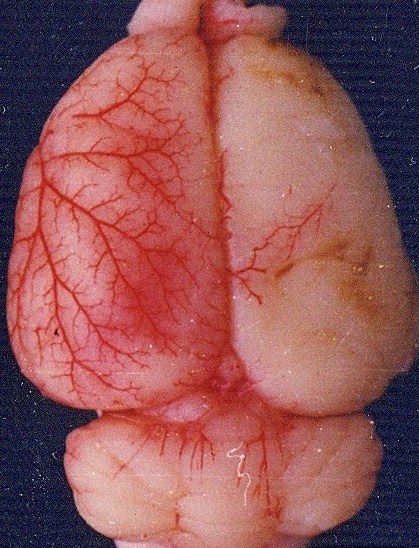
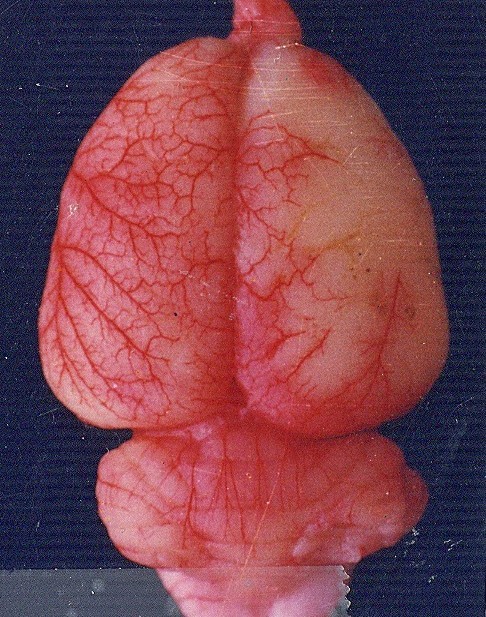
24 hours after MCAo
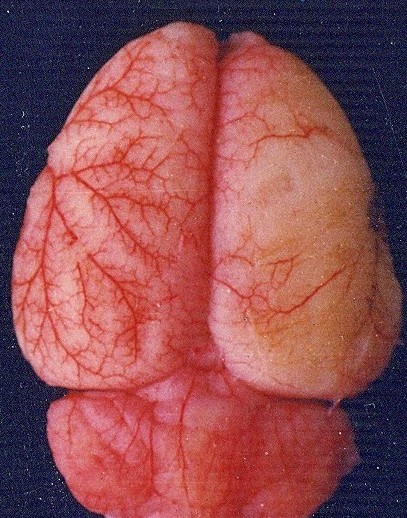
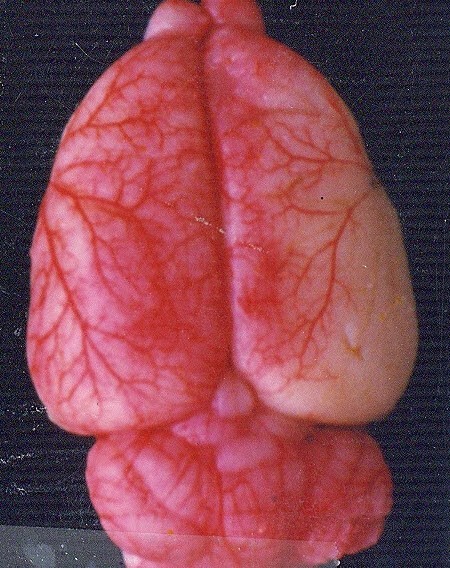
48 hours after MCAo
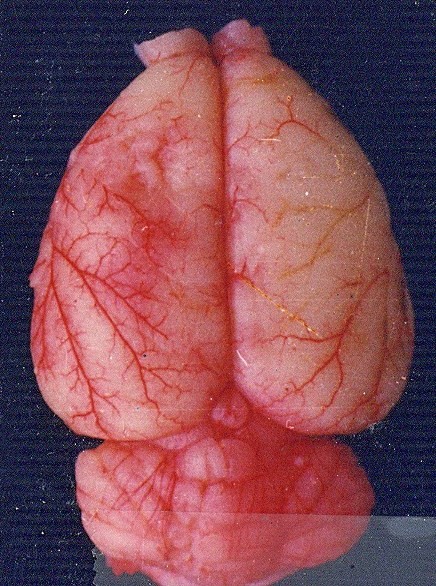
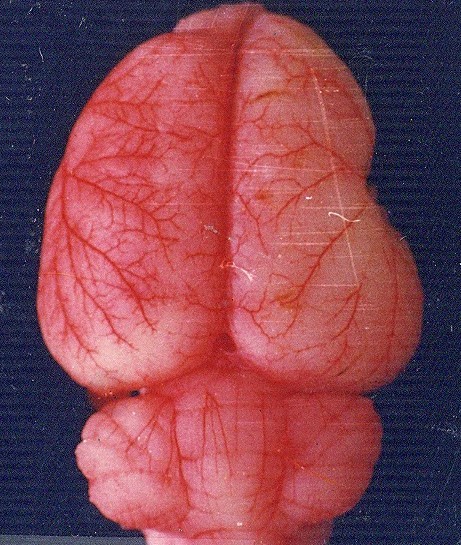
As we can see, YES, rescue blood came into the ischemic area REVERSELY from the tail-ends of other major cerebral arteries, a network located at the sagittal suture. In other words, usually, MCA carries blood directly from the Wills Circle. When MCA is severed entirely, an auxiliary blood supply network can immediately supply rescue blood into the ischemic area.
The Wills Circle connects all major cerebral arteries through their endings. It oversees the blood supply to the entire brain. Suppose one major route is blocked; for example, the Willis Circle pushes the rescue blood through the ending network, reversely supplying blood into the ischemic area.
Histochemistry research had followed to determine whether or not the neurons in the ischemic area are alive.
Histochemistry results
36 hours after MCAo without acupuncture
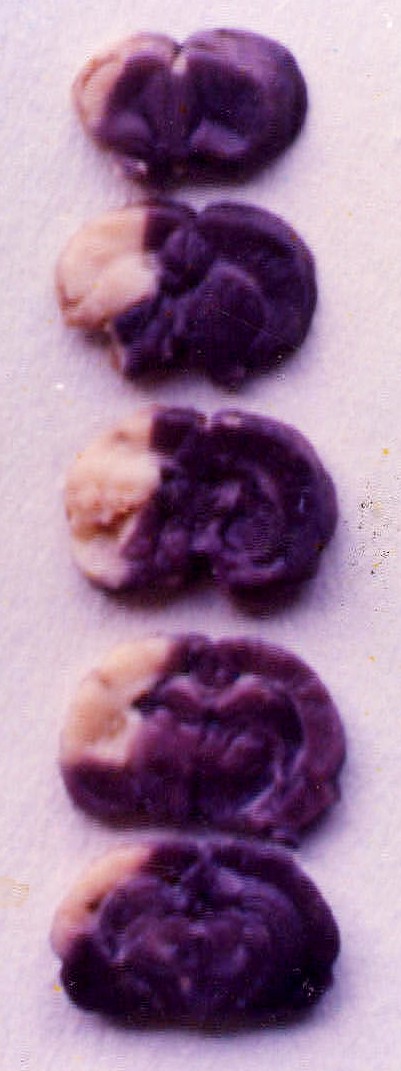
36 hours after MCAo with acupuncture
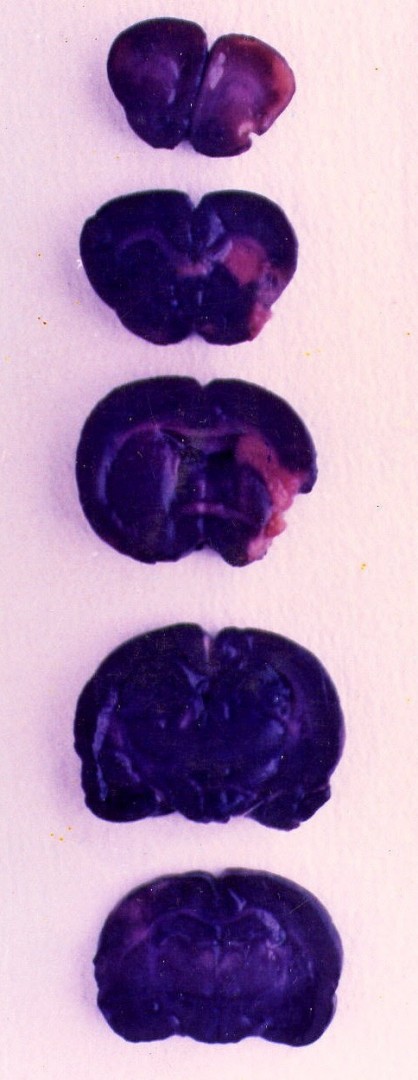
Five rats' brain showed the same result
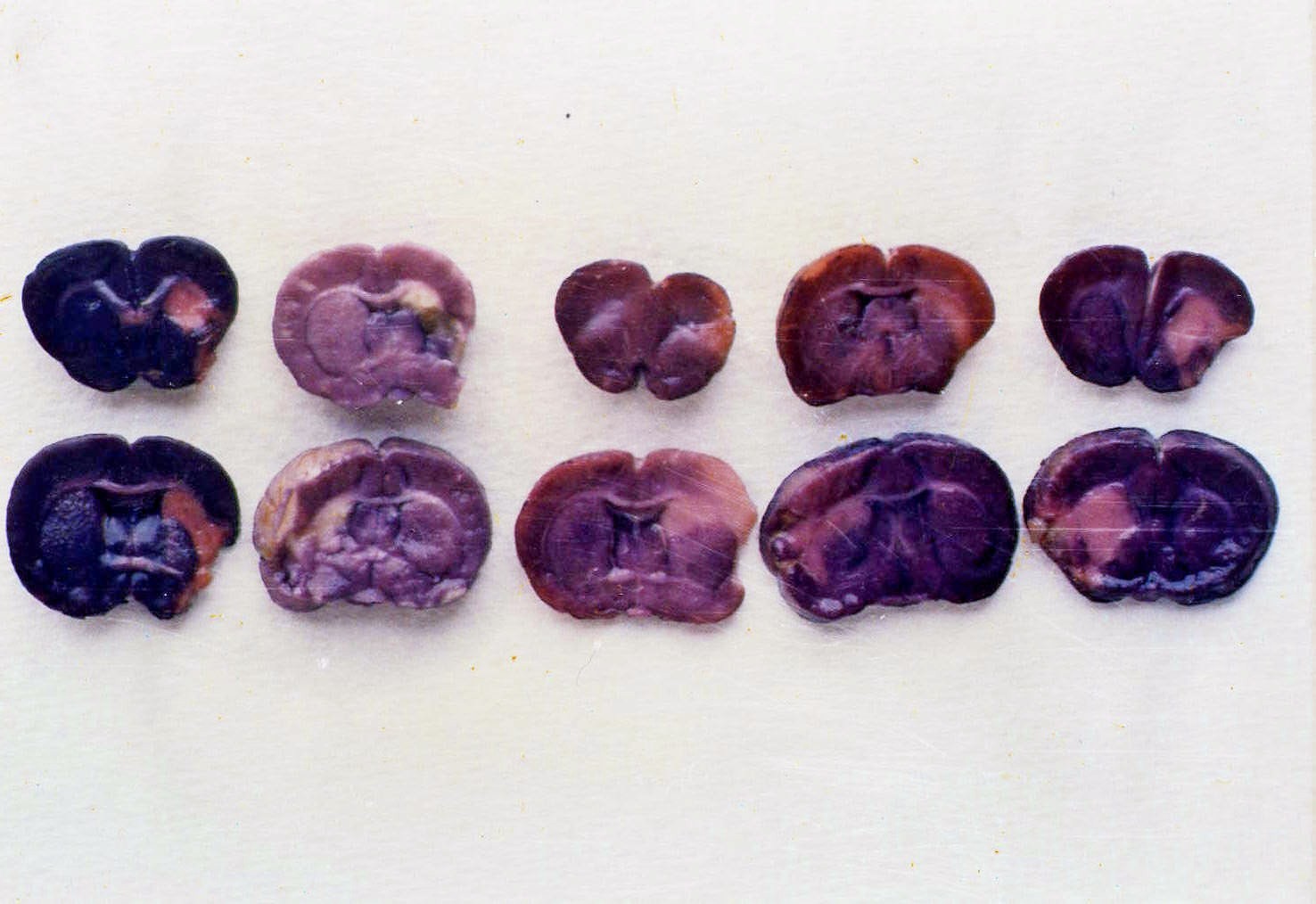
In the acupuncture group, we can see there is still a little ischemic area, presented white under the cortex, indicates that there was less blood circulation in the sub-cortex area as show below.
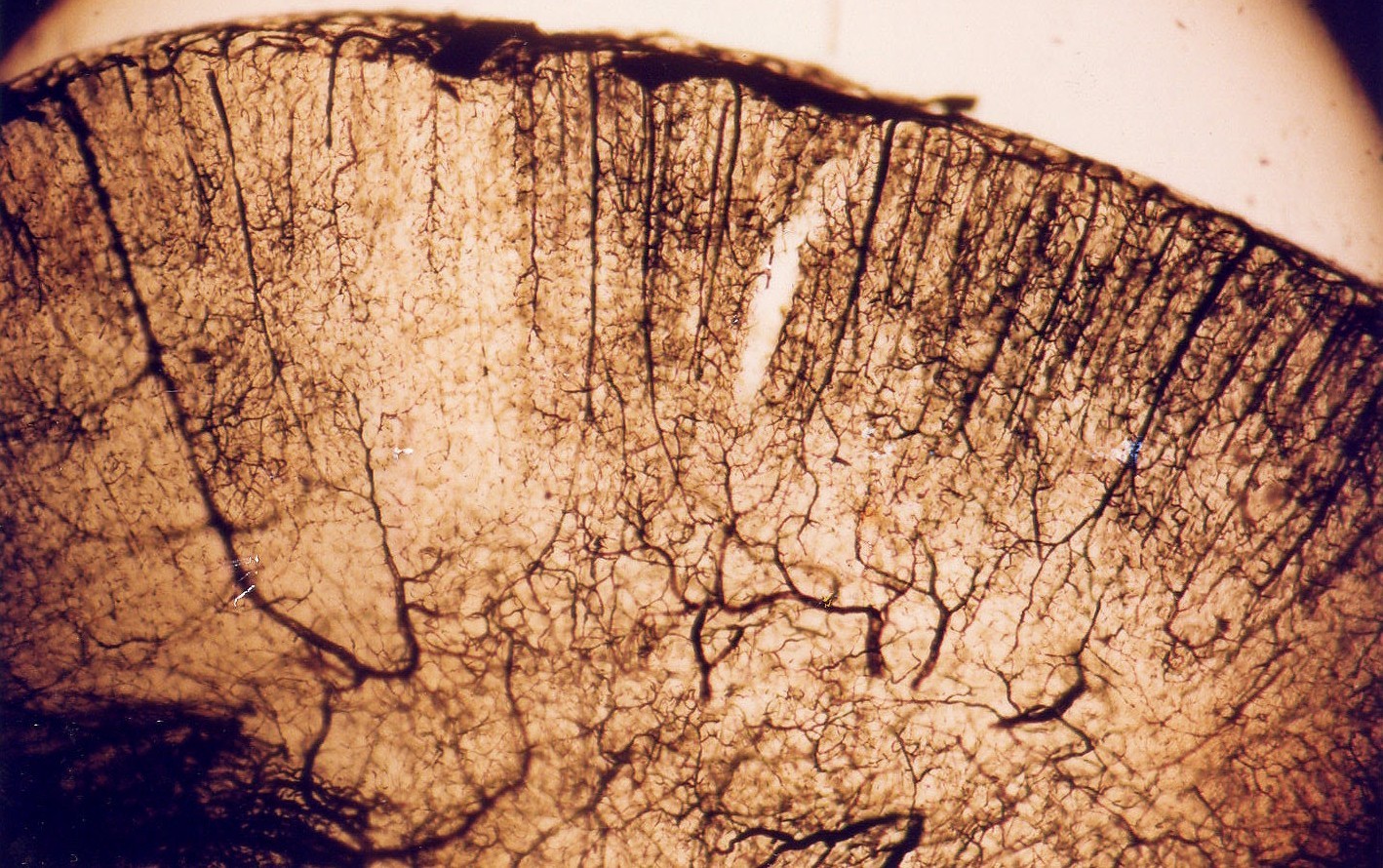
The rats cerebral circulation in the cortex and sub-cortex.
You may argue if there is a network of auxiliary blood supply, why do people suffer from stroke?
Because in real life, strokes are often a slow process that deteriorates the entire body system over time. By the time an emergency comes, the power of self-healing is often limited. Acupuncture could effectively dispatch and muster all resources from the entire body to compensate. In other words, through promoting the whole concert of bodily functions, acupuncture made the heart work harder to attract more blood from the entire body to focus on the rescue. Acupuncture empowers the body’s self-healing system during these emergencies, enabling the body to benefit from a far better recovery.
Conclusion
Acupuncture works, not only for chronic conditions but it can perform wonders in emergency situations.
Acupuncture by Dr. Na Zhai Springfield IL
1200 S 5th Street, Springfield IL 62703